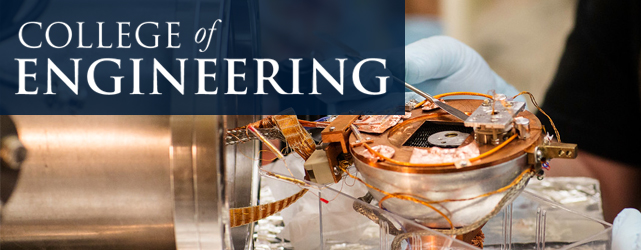Monte Carlo Uncertainty Estimation for an Oscillating-Vessel Viscosity Measurement
Document Type
Article
Journal/Book Title/Conference
Metrologia
Volume
49
Publication Date
1-1-2012
First Page
577
Abstract
This paper discusses the initial design and evaluation of a high temperature viscosity measurement system with the focus on the uncertainty assessment. Numerical simulation of the viscometer is used to estimate viscosity uncertainties through the Monte Carlo method. The simulation computes the system response for a particular set of inputs (viscosity, moment of inertia, spring constant and hysteretic damping), and the viscosity is calculated using two methods: the Roscoe approximate solution and a numerical-fit method. For numerical fitting, a residual function of the logarithmic decay of oscillation amplitude and oscillation period is developed to replace the residual function of angular oscillation, which is mathematically stiff.
The results of this study indicate that the method using computational solution of the equations and fitting for the parameters should be used, since it almost always out-performs the Roscoe approximation in uncertainty. The hysteretic damping and spring stiffness uncertainties translate into viscosity uncertainties almost directly, whereas the moment of inertial and vessel-height uncertainties are magnified approximately two-fold. As the hysteretic damping increases, so does the magnification of its uncertainty, therefore it should be minimized in the system design. The result of this study provides a general guide for the design and application of all oscillation-vessel viscosity measurement systems.
Recommended Citation
Horne, K.; Ban, Heng; Fielding, R.; and Kennedy, J. R., "Monte Carlo Uncertainty Estimation for an Oscillating-Vessel Viscosity Measurement" (2012). Mechanical and Aerospace Engineering Faculty Publications. Paper 143.
https://digitalcommons.usu.edu/mae_facpub/143


